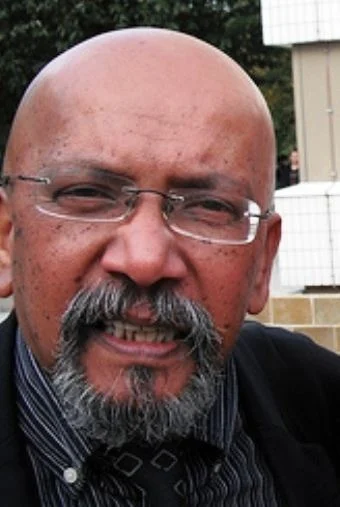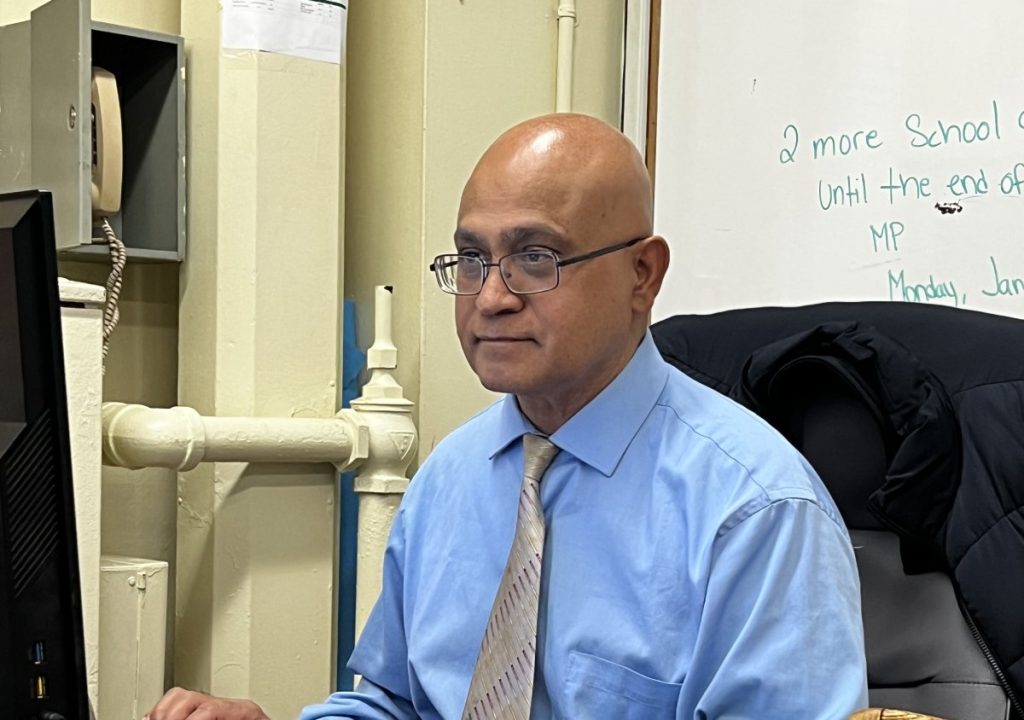It takes courage to write a critical analysis of the politics of Dr. Cheddi Jagan and Forbes Burnham. Their loyalists would come after the writer with the most scathing attacks as indeed happened for every piece penned on both nationalist leaders, hero of Indians and Africans respectively. Fear of being character attacked did not deter Prof Clem Seecharan to write a factually account (a book) focusing on Dr. Jagan and the Cold War. It is a very good read. The character assassinations have started even for people like me who give the book a positive rating. Clem Seecharan is a scholar par excellence who has no axe to grind with Jagan. In fact, Jagan was his hero as he was (is) also mine. But we should not cower in fear of critics to write objectively supported with evidence. Dr. Jagan erred and Seecharan simply pointed out some of his flaws that would land Guyana in serious trouble with the Americans.
The Cold War (1947-91) was a contest between the USA with the West against the Soviet Union with the Eastern bloc or between capitalist West and communist East. The two sides never attacked each other in a real (hot) war. Both sides competed to spread their influence, resulting in several hot wars in Asia, Africa, and Latin America. The people in each country, where the real war was actually fought as in Guyana, paid the price for the contest between the Soviet Union and America. Guyana was affected by the near forty- five years of the contest. Communism eventually collapsed in 1990, and one can, therefore, say that capitalism has triumphed over that failed ideology. Jagan would make a return to government courtesy of American support for democracy. But Guyana paid a telling price to its freedom and economy (and migration of her people) as a result of Dr Jagan’s insistence on installing a democratically elected communist government which was not possible in the West. The Americans would have none of it. Socialist or communist or left wing governments were removed from office. Communism and left-wing politics or radicalism were considered a threat to the American homeland. Radical governments or leaders, Jagan included, in the West and in the Americas in particular were isolated or destabilized or toppled from office. Examples abound! No need to repeat them!
In his newly released book (2023), Dr Seecharan provided a rigorous analysis of the impact of the cold war in Guyana and Cheddi’s role in it. The cold war was brought to our shore by Cheddi, as the British claimed. The British and Americans tried to reform Jagan, to moderate his ideology and move him away from Communism. They failed! In the interests of Jagan’s supporters, Indian businessmen also appealed to him to moderate his ideology and move away from communism. Jagan rebuffed them as he rebuffed Yesu Persaud, Sir Fenton Ramsahoye, Baytoram Ramharack, Ravi Dev, I, and so many others.
In my many encounters with Dr Fenton in Barbados, Guyana, New York, Trinidad, Antigua, and St. Lucia, he related how he tried to get Cheddi to moderate his left-wing anti-American politics and communist ideology. After Burnham rigged the 1968 general elections, Fenton said he told Cheddi that Guyana would not have free and fair elections again and that the country would become a full-fledged dictatorship. He recognized that the PPP was doomed to opposition and insignificance unless the party changed its ideology to win over the Americans. He advised Cheddi accordingly! He stated that Dr Jagan told him that the party would not moderate its ideology and that he can leave the party if he was not pleased with its communist ideology. Sir Fenton left the country after the 1973 rigging to launch and head a law school at UWI, St. Augustine. Sir Fenton would turn out to be right. Guyana became a dictatorship right after independence. All elections under Burnham and Hoyte were rigged. Had Cheddi heeded the advice of so many of us who implored him to drop the communist ideology, Guyana would not have experienced the civil (race) war of the 1960s, delay in independence, and the rise of the authoritarian state.
Although we did not embrace his communism, Jagan was a hero to us, a fatherly figure and moreso for me having come from a few streets where he grew up and with he and my father being friendly and his father and my aja being close friends. The globe had rarely seen a politician who was so incorruptibly honest and who fought for justice and equality for all. But being our hero does not mean he was above critique. We learn from his errors through an honest assessment of his politics. Dr. Jagan’s dabbling in cold war politics is primarily responsible for many problems Guyanese experienced from the 1950s onwards.

